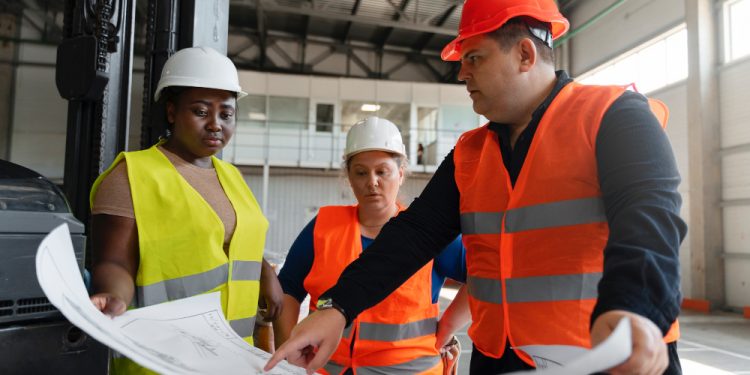Demolition is more than pulling something down and clearing the debris. For owners, developers, or organizations planning a remodel, site clearance, or redevelopment project, demolition services set the foundation for everything that comes after. Done right, they save time, protect people, reduce cost overruns, and keep you compliant with regulations.
What “Demolition Services” Really Means
Demolition services cover all activities involved in tearing down structures or removing selected parts—this includes full building demolition, selective or interior demolition, structure dismantling, and debris removal. On top of that, there are associated services such as hazardous material assessment and removal, permitting, site cleanup, and sometimes even environmental remediation.
Trinity’s range of demolition services includes commercial, industrial, and residential jobs. Whether it’s clearing out an old industrial facility, removing a deteriorated residential structure, or deconstructing interior partitions, every job has its own risks, requirements, and technical challenges. Trinity’s experience extends to structural and non-structural demolitions, site work, and clean-ups.
Key Components of Effective Demolition Services
1. Site Assessment & Permitting
Before any physical work begins, a trusted provider will evaluate the structure, check for hazardous materials (like asbestos or lead paint), assess utility shutoffs, and investigate foundation and soil conditions. They’ll secure necessary permits and ensure all legal and safety codes are met.
2. Safety Protocols & Compliance
Demolition is inherently risky. Strong safety measures are essential—protective equipment, strict oversight of operations, dust control, fall protection, stabilizing remaining structures during partial demolition, and ensuring neighboring properties are not damaged. Trinity places strong emphasis on OSHA health and safety regulations, environmental stewardship, and safe job site practices.
3. Structure Removal or Selective Demolition
Depending on the project’s goals, demolition can be full (the entire structure) or selective (only certain parts, interiors, or elements). Selective demolition minimizes disruption, waste, and costs, especially where preservation or reuse is part of the project.
4. Hazardous Materials and Abatement
Older buildings often come with hidden risks—lead paint, asbestos, mold, etc. Proper inspection, abatement, and safe removal of these materials are crucial. This is not merely good practice—it’s often mandated by law. Trinity integrates abatement and environmental analysis into its demolition scope.
5. Waste Handling and Recycling
Most demolition generates large volumes of material—wood, concrete, steel, masonry. Rather than sending everything to landfill, responsible demolition services sort, salvage, and recycle where possible. This reduces disposal costs and environmental impact.
6. Final Cleanup and Site Prep
Once demolition and removal are done, cleanup is essential—ensuring debris is hauled away, surfaces graded or leveled, utilities appropriately handled, and hazards addressed. A proper cleanup means the site is ready for what comes next without delays.
Why Demolition Services Matter
- Safety for workers and surrounding people: expert handling of form, structure, and materials reduces risk.
- Cost control: surprises during demolition—unexpected materials, delays—are costly. Thorough planning and experience help avoid them.
- Regulatory risk reduction: noncompliance with environmental, health, or building codes leads to fines or project shutdowns.
- Efficiency and speed: a professional team with proper tools and experience finishes faster and with fewer disruptions.
- Sustainability: recycling, responsible waste handling, and material recovery align with environmental goals and often reduce net cost.
Why Trinity Excels at Demolition Services
Trinity Industrial Services brings together experience, specialized equipment, and strong project management. As a demolition services provider, Trinity offers a full suite: from site evaluation, hazardous material abatement, structural demolition, to cleanup and recycling. Their local knowledge, regulatory familiarity, safety record, and hands-on approach help property owners trust that the demolition phase becomes a solid foundation for what follows.
Choosing demolition services from Trinity means you’re not just knocking down structures—you’re building trust, protecting people and property, and laying the groundwork for safe, sustainable development.






